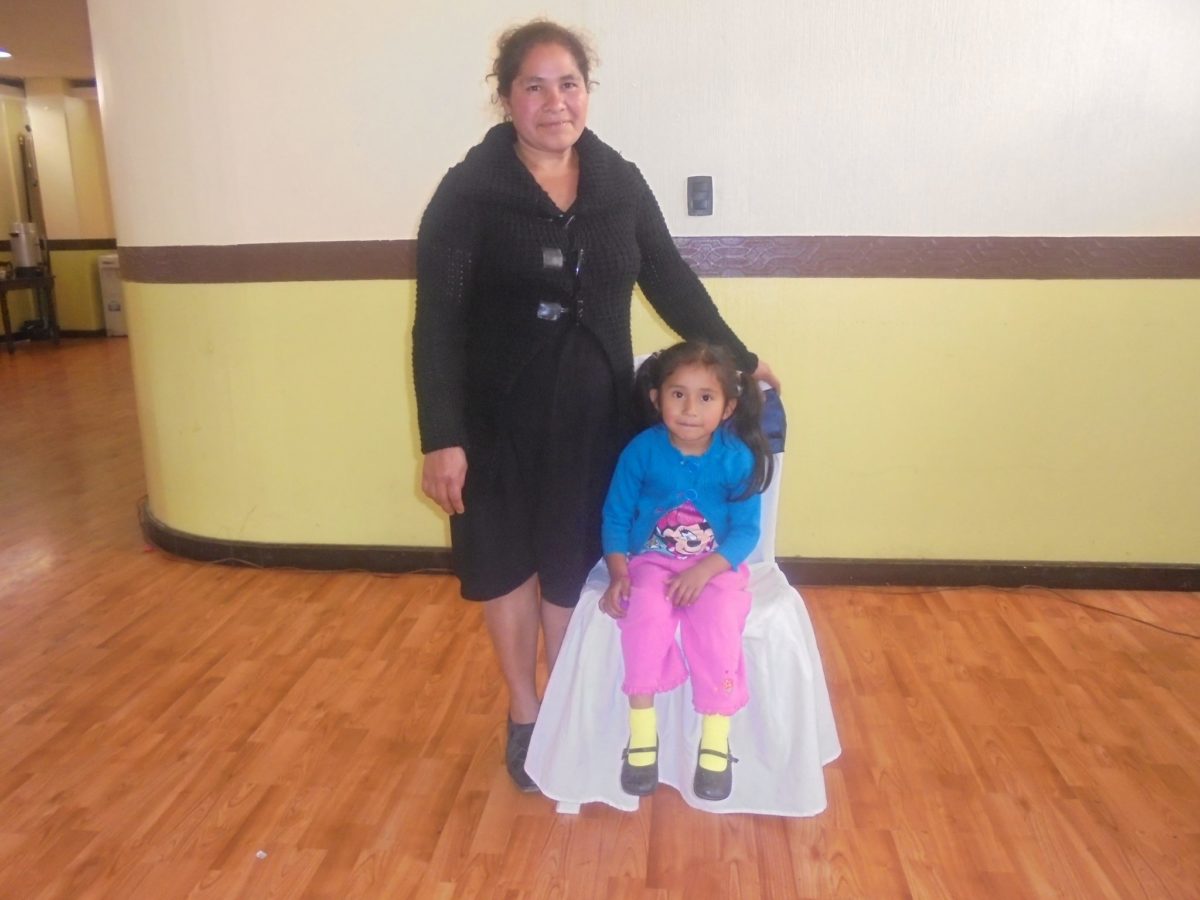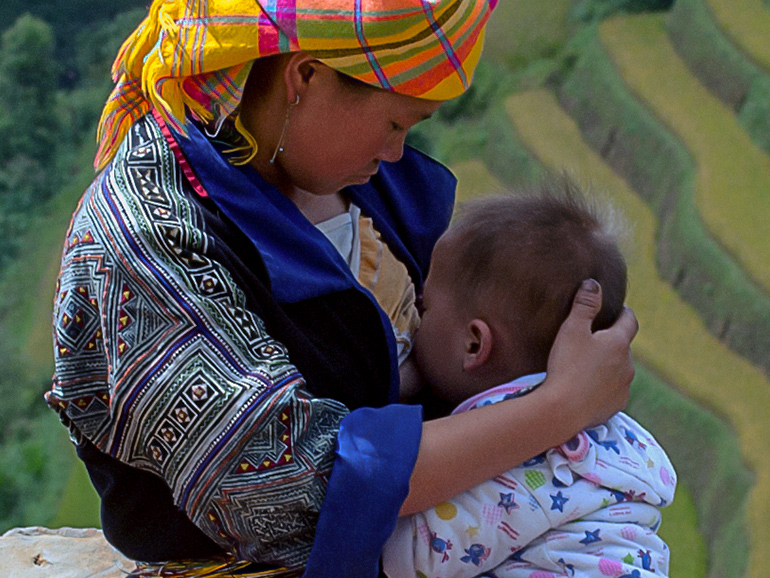Guest Post: Fighting for the Health of Women, Children and Community in Guatemala – Access to Health Care #Marchis4Nutrition
In honor of National Nutrition Month in March, 1,000 Days is amplifying the critical role the world’s mothers play in nourishing the next generation through our annual online #Marchis4Nutrition campaign. Throughout the month, we will also be highlighting stories from our partners. Follow along and get involved on Twitter and Facebook with the hashtag #Marchis4Nutrition.
The National Alliance of Indigenous Women for Reproductive Health (ALIANMISAR) consists of more than 90 organizations and actively participates in citizen monitoring, advocacy, and policy dialogue to promote better, more culturally-appropriate health services that are accessible to the indigenous populations, especially those living in rural areas and in poverty.
Vitalina de Leon Santos is a member of ALIANMISAR in Guatemala. This is her story.
My name is Vitalina de León Santos, I am 45 years old, married to Miguel Ajxup, a construction laborer, I live in the municipality of Momostenango, department of Totonicapán, Guatemala. I am the mother of two girls and a boy. The health of my children is my priority and although my family have scarce resources, I try to give them as much care as possible following the recommendations of the health services.
In 2012, municipality residents encouraged me to join the National Alliance of Indigenous Women for Reproductive Health (ALIANMISAR), which supports the HP+ project with USAID funds, to fight for our reproductive rights. In this organization, I have been involved in the training process that helped me to become aware, first of all, of the need to value myself as a woman and of the importance of my children’s health care. Since I became pregnant with my last daughter, Astrid Mireya Yulisa Ajxup de León 5 years ago, I took everything I learned into account and during my pregnancy I attended the health center to receive prenatal care where I was provided with iron and folic acid which I consumed with full knowledge of its importance. After the birth of Astrid, I gave her exclusive breastfeeding from the first hour of birth until she was 6 months old. I fed myself with cereals and stimulating herbs so that I had enough milk and my daughter was well nourished. After the six months, I have always tried to give her a healthy and nutritious diet. I also attended the Health Center so that my daughter had her complete immunization schedule, vitamins and deworming medications.
My daughter is 4 years old now and I am very proud because I believe that these efforts have results in her good health, since she has not been malnourished and has not become ill, despite the fact that in my community many children are suffering malnutrition (The chronic malnutrition rate in children under 5 is 52% in Momostenango Municipality, one of the highest in the country).
Now, as ALIANMISAR municipal coordinator, I participate in the meetings of the Municipal Commission for Food and Nutritional Security of Children and Adolescents, as well as the Municipal Development Council, which allows us to advocate for the approval of projects that benefit the health of our people. This is the case of the extension of the municipal capital health center for weight and height monitoring, which was requested to the municipality in 2017 and is currently being built.
I have also become a counselor about the upbringing and feeding of children in my community, visiting mothers to share the knowledge acquired in ALIANMISAR.
The ALIANMISAR is an organization of indigenous women that ensures compliance with reproductive rights and nutrition, with cultural relevance, through advocacy, monitoring and policy dialogue to promote the formulation and implementation of public policies that contribute to reducing maternal mortality and chronic malnutrition in Guatemala.


